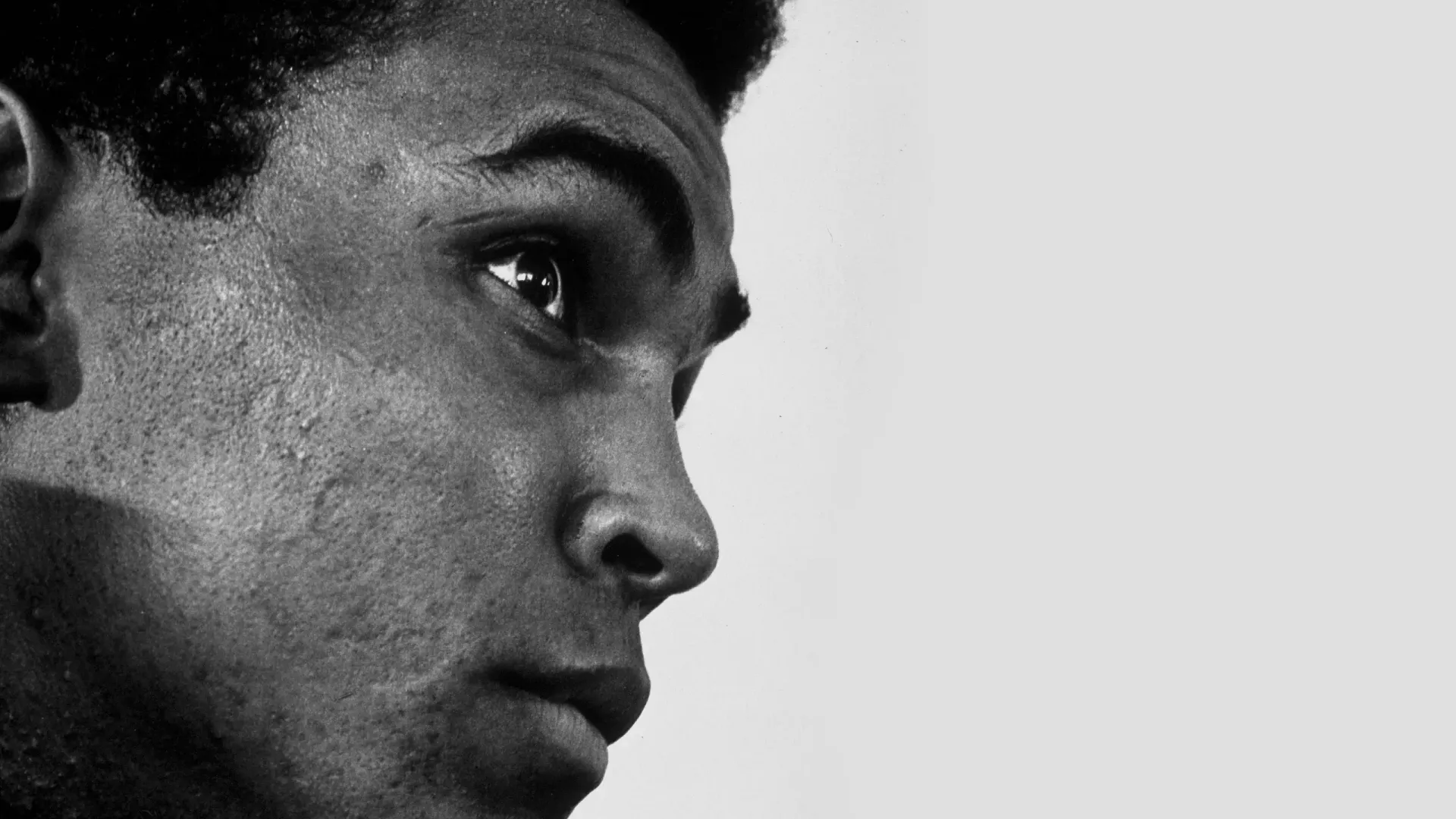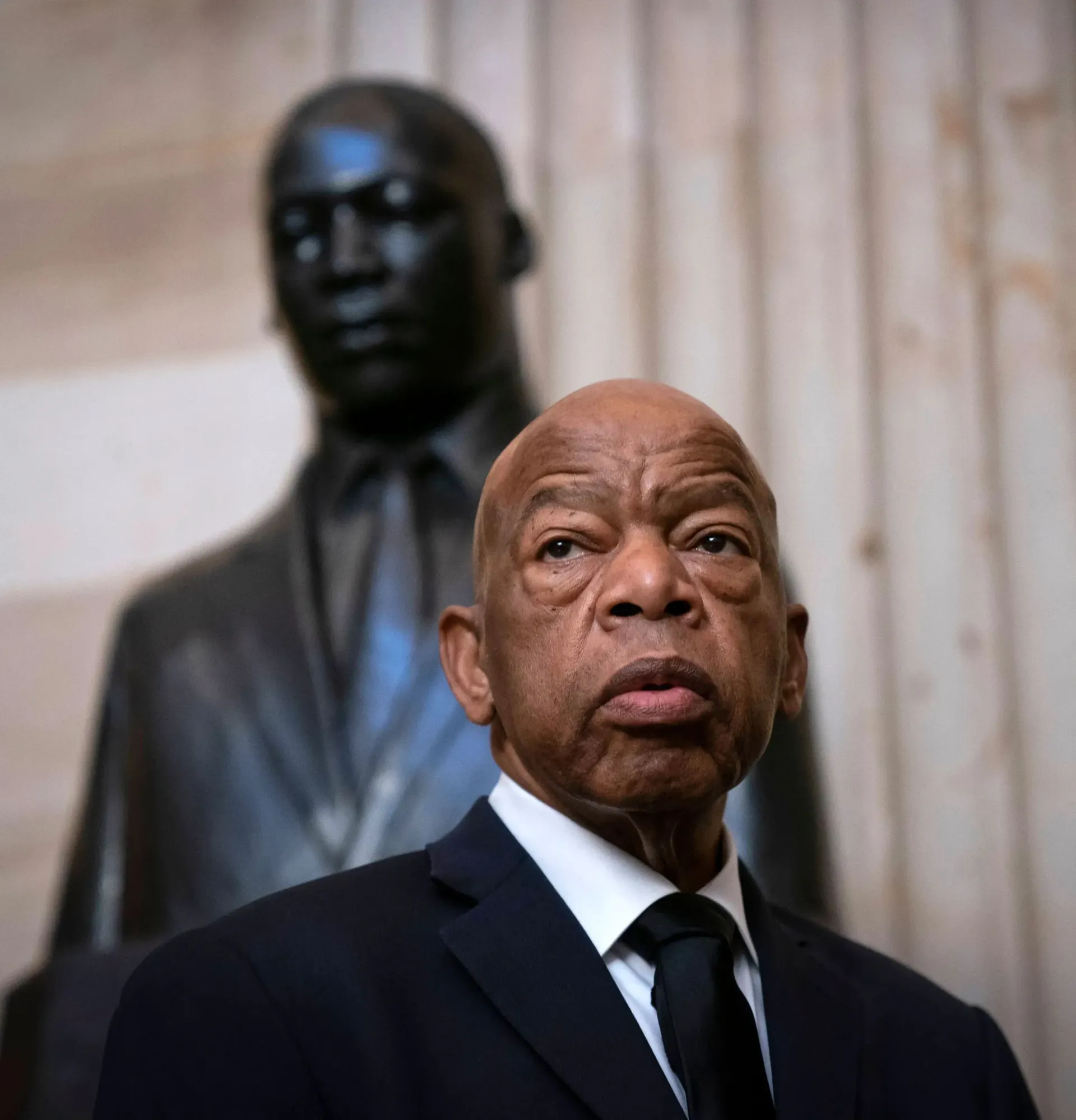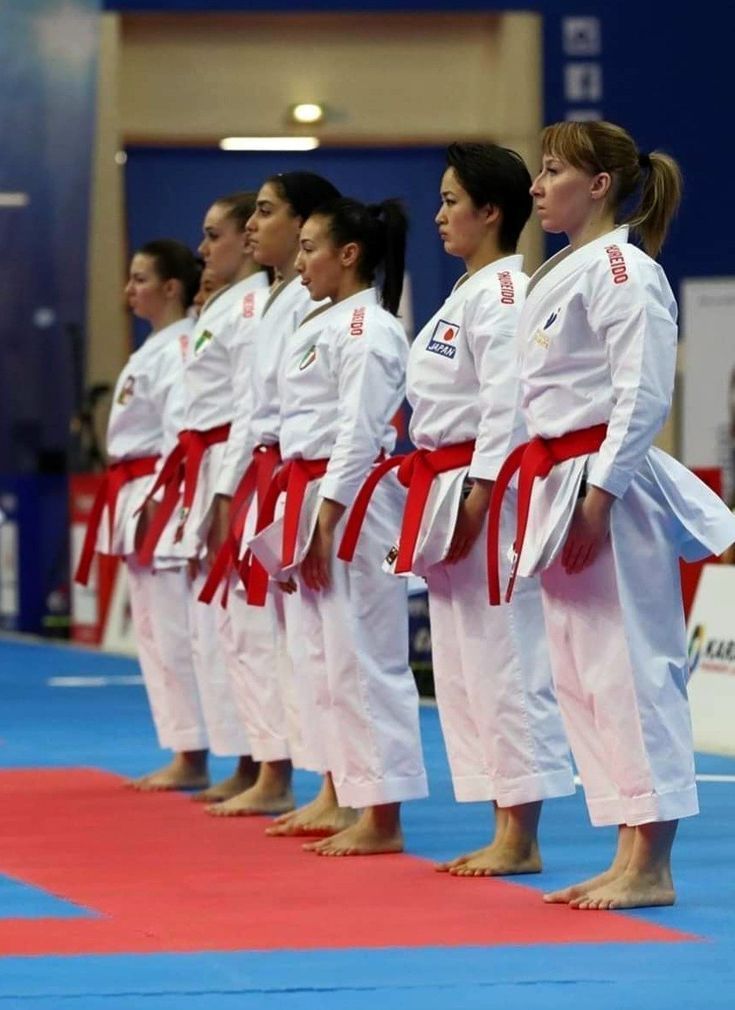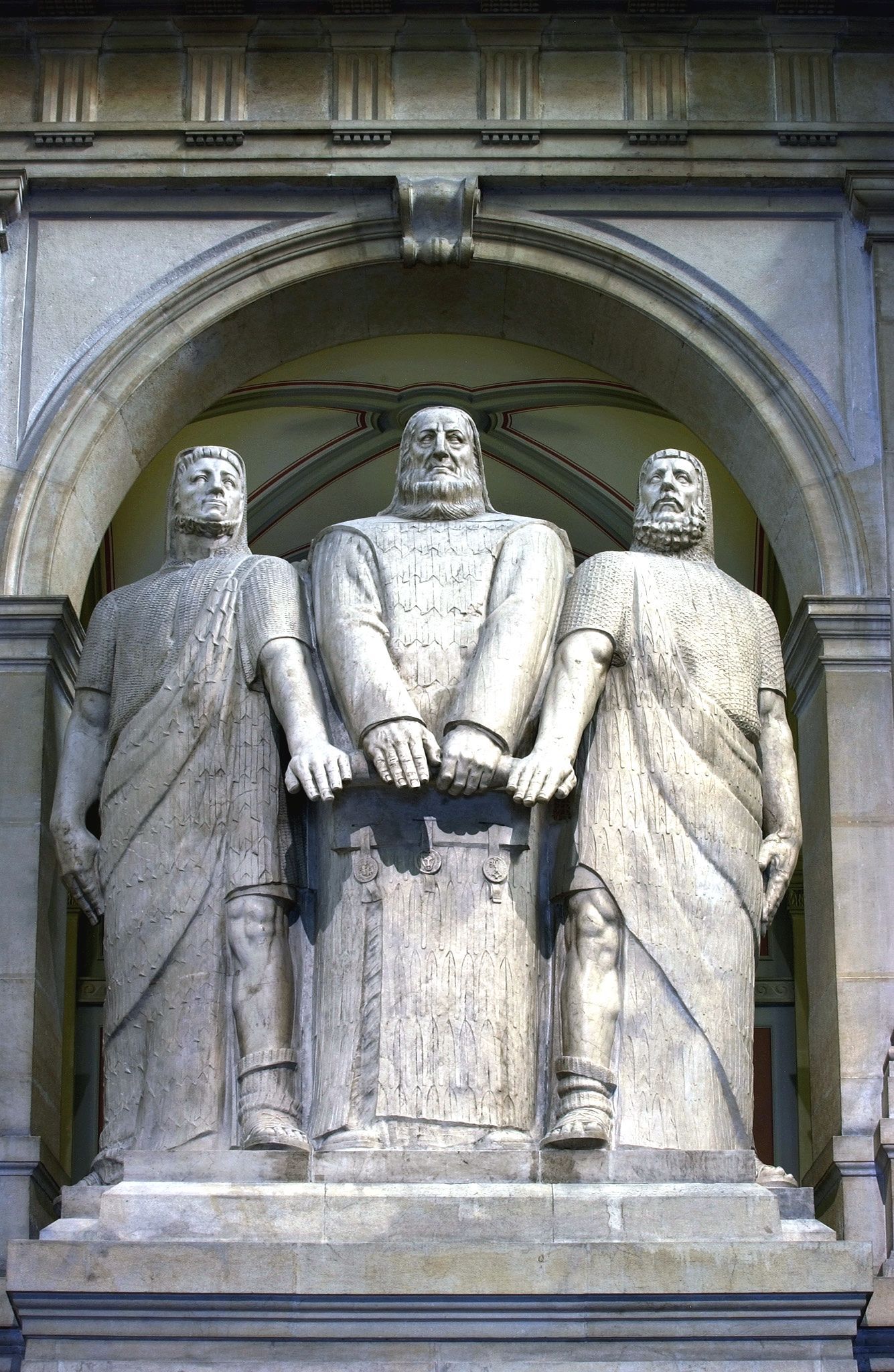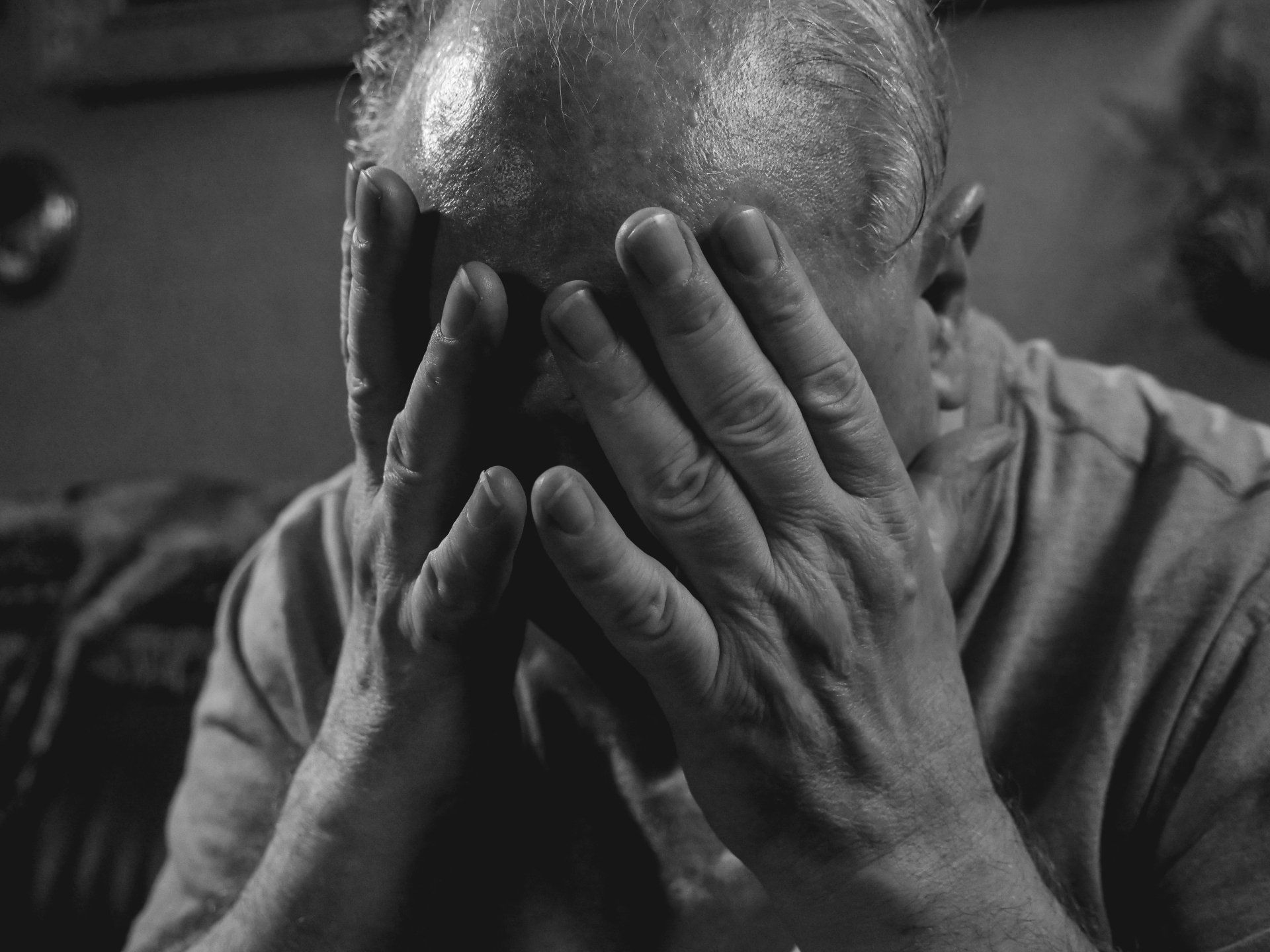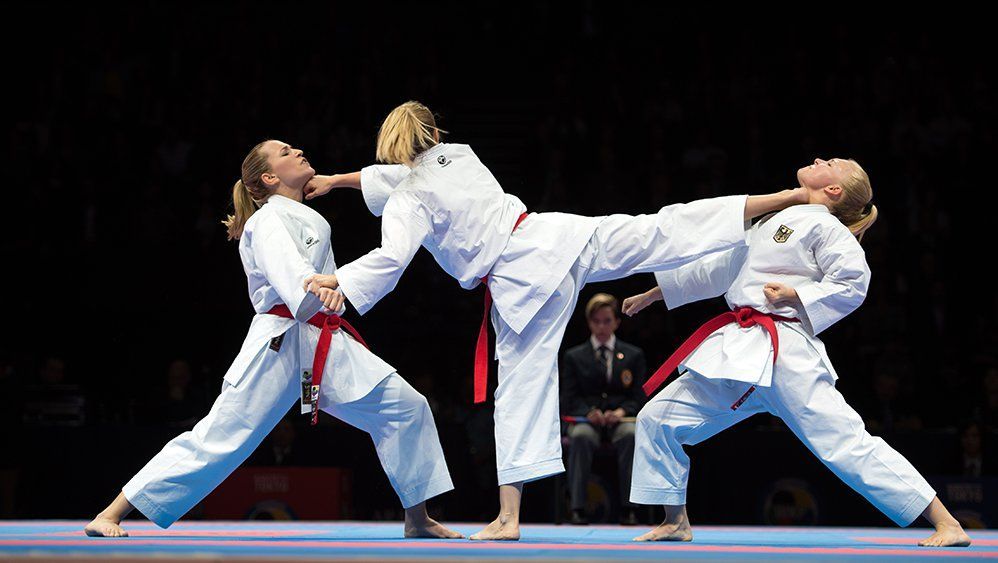the domino effect: how domestic abuse impacts relationships for male victims
Alone in a world of trauma and anguish
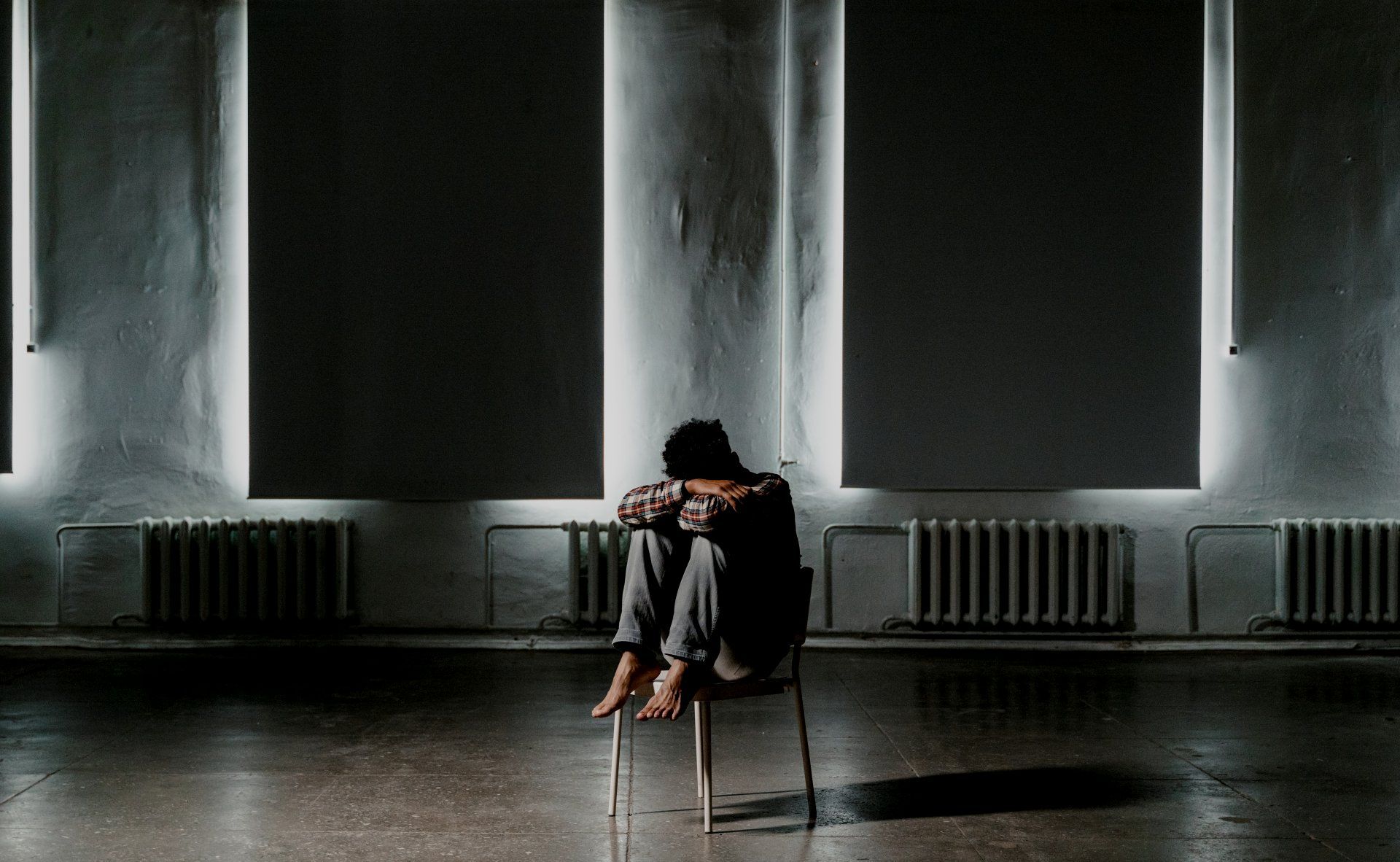
There is a particular cruelty in how abuse extends its reach beyond the immediate victim. Like a stone thrown into still water, the initial impact creates ripples that spread outward, touching every relationship, every connection, every possibility of human warmth. For male victims of domestic abuse, these ripples become walls, patterns, prisons that persist long after the abuse itself has ended. Understanding these patterns is not academic exercise but survival necessity - both for those who have lived them and those who love them.
The fortress metaphor is apt but incomplete. When trust has been weaponized against you, when vulnerability has been used as ammunition, when love itself has become indistinguishable from control, you don't just build walls - you reconstruct your entire understanding of human connection. Every future relationship exists in the shadow of betrayal, every gesture of affection filtered through the lens of potential manipulation.
Consider how trust operates in healthy relationships - as a foundation, assumed and built upon. For those who have experienced intimate partner abuse, trust becomes a luxury too dangerous to afford. You learn to read micro-expressions not from interest but from survival instinct. You parse words for hidden meanings, scan behaviors for warning signs, maintain exit strategies even in moments of apparent safety. This hypervigilance, born from genuine threat, persists long after danger has passed.
The emotional consequences compound in ways that outsiders rarely comprehend. When someone has systematically used your emotions against you - mocking tears, punishing anger, weaponizing joy - you learn that feelings themselves are dangerous. The safest strategy becomes emotional shutdown, a voluntary numbness that protects at the cost of connection. You perfect the art of seeming fine, of presenting a surface that gives nothing away, because you've learned that anything real can and will be used against you.
This emotional suppression creates its own pathology. Feelings denied don't disappear - they metastasize. The anger you couldn't safely express toward your abuser leaks out sideways at those who least deserve it. The tears you couldn't shed in dangerous moments flood out at inappropriate times. The love you learned to hide becomes something you can no longer access, even when finally safe to feel it. You become a stranger to your own emotional life, unable to distinguish between genuine feeling and trauma response.
The impact on intimate relationships proves particularly devastating. How do you learn to be vulnerable with a new partner when vulnerability was your cardinal mistake? How do you distinguish between reasonable requests and controlling behavior when control wore the mask of care? The abused mind develops its own logic - push away those who treat you well because kindness must hide agenda, feel comfortable with those who confirm your unworthiness because at least their cruelty is familiar.
Self-sabotage becomes not just behavior but identity. You create conflicts where none exist, testing whether this person too will reveal their true nature. You interpret normal human imperfection as evidence of inevitable betrayal. You leave before you can be left, hurt before you can be hurt, maintain control by ensuring relationships fail on your terms rather than theirs. The very behaviors meant to protect guarantee repetition of the original wound.
For fathers, the damage extends generationally. Children need emotional availability, consistency, the security of knowing their parent is psychologically present. But how can you provide what you no longer possess? The father struggling with hypervigilance sees danger everywhere, creating anxiety in children who absorb his fear. The father who has learned emotional shutdown models disconnection as normal. The father managing PTSD symptoms - the anger, the startling, the dissociation - becomes unpredictable in ways that echo the very instability he sought to escape.
Worse still when children witness the abuse directly. They learn that love includes degradation, that family means walking on eggshells, that some people matter less than others. Boys learn that men must endure in silence. Girls learn that men's pain doesn't count. Both absorb the lesson that power dynamics trump human connection, that someone must dominate and someone must submit. The cycle prepares its next generation.
Family relationships suffer unique damage through enforced silence. The shame of admitting abuse as a man, the fear of being disbelieved or mocked, the twisted loyalty to an abuser who has convinced you the abuse is your fault - all combine to create isolation precisely when connection is most needed. Family gatherings become performances of normalcy. Phone calls become exercises in deception. The distance grows not from lack of love but from abundance of shame.
Many abusers deliberately cultivate this isolation. They create conflicts with your family, manufacture emergencies during gatherings, interpret every external connection as betrayal. They position themselves as your only safe harbor while simultaneously being the storm from which you need shelter. By the time you recognize the manipulation, the bridges to family support may be badly damaged or burned entirely.
Friendships face similar erosion. Male friendships often operate on different emotional frequencies than female ones - shared activities rather than shared feelings, presence rather than processing. But abuse creates needs that these friendships aren't structured to meet. How do you tell your drinking buddies that you're afraid to go home? How do you explain to workout partners why you flinch when someone moves too quickly? The very masculinity that makes you a target for disbelief also limits your access to support.
The social withdrawal that follows isn't just preference but necessity. Every social interaction requires energy you no longer possess, performance of normalcy you can't sustain, risk of questions you can't answer. Friends drift away not from cruelty but confusion - unable to understand the transformation, hurt by the distance, eventually accepting the new reality of your absence.
When attempting new relationships, the past becomes a presence more real than the present. You read threat into kindness, control into concern, manipulation into genuine interest. The internal alarm system, calibrated by trauma, sounds constantly - creating exhaustion in you and confusion in those who trigger it through nothing more than ordinary human behavior. How do you explain that their innocent question echoes an interrogation, that their surprise gift feels like control, that their disappointment reads as the precursor to punishment?
The healing process, when it begins, faces unique challenges for men. Therapy requires vulnerability - the very thing that proved dangerous. Support groups demand admission of victimhood in a culture that denies male victims exist. The therapeutic relationship itself can trigger trauma responses - another person with power over your emotional life, another context requiring truth you've learned to hide.
Yet healing remains possible, though the path is neither linear nor easy. It begins with naming the reality - abuse, not conflict. Victim, not partner in dysfunction. It continues through the painful process of separating past from present, learning to recognize trauma responses as information rather than truth. It requires building new neural pathways that associate vulnerability with safety, connection with nourishment rather than danger.
The ripple effects of abuse need not be permanent, though their diminishment requires intention and time. New relationships can be built on different foundations, though the old fears may whisper warnings. Children can learn healthier patterns, though it requires the father to face his own wounds. Family connections can be rebuilt, though the conversations required are difficult. Friendships can be renewed or begun anew, though it demands stepping beyond the safety of isolation.
Understanding these patterns serves multiple purposes. For victims, it validates experiences often minimized or denied - yes, the effects are real, yes, they touch everything, yes, the work of healing is as complex as the wound. For those who love victims, it explains behaviors that seem self-defeating or rejecting - the distance isn't about you but about survival patterns that outlived their usefulness. For society, it demands recognition that male victims exist and suffer consequences as real as their female counterparts.
The domino effect of abuse is real, its patterns predictable, its damage extensive. But dominoes can be reset, patterns can be broken, damage can be healed. The first step is recognition - seeing clearly what has been hidden, naming accurately what has been minimized, understanding fully what must be addressed. From that clarity, the slow work of rebuilding becomes possible.
The Society of Good People recognizes that healing from abuse requires more than individual therapy - it requires communities that understand, support systems that believe, and relationships that provide what was stolen: safety, dignity, and the revolutionary possibility of trust restored. This is why we exist. This is why we persist. This is why we will not be silent about silenced pain.
